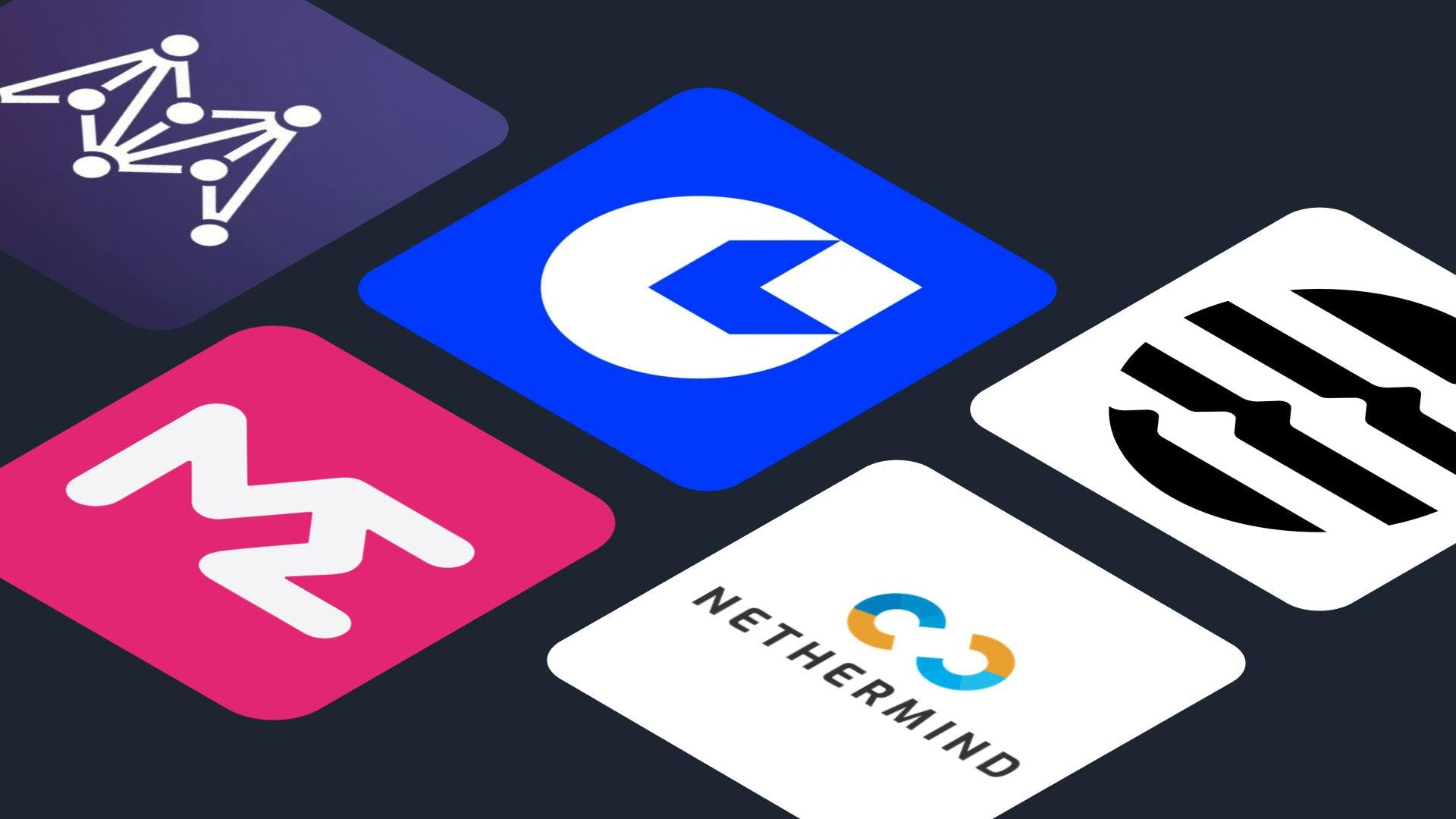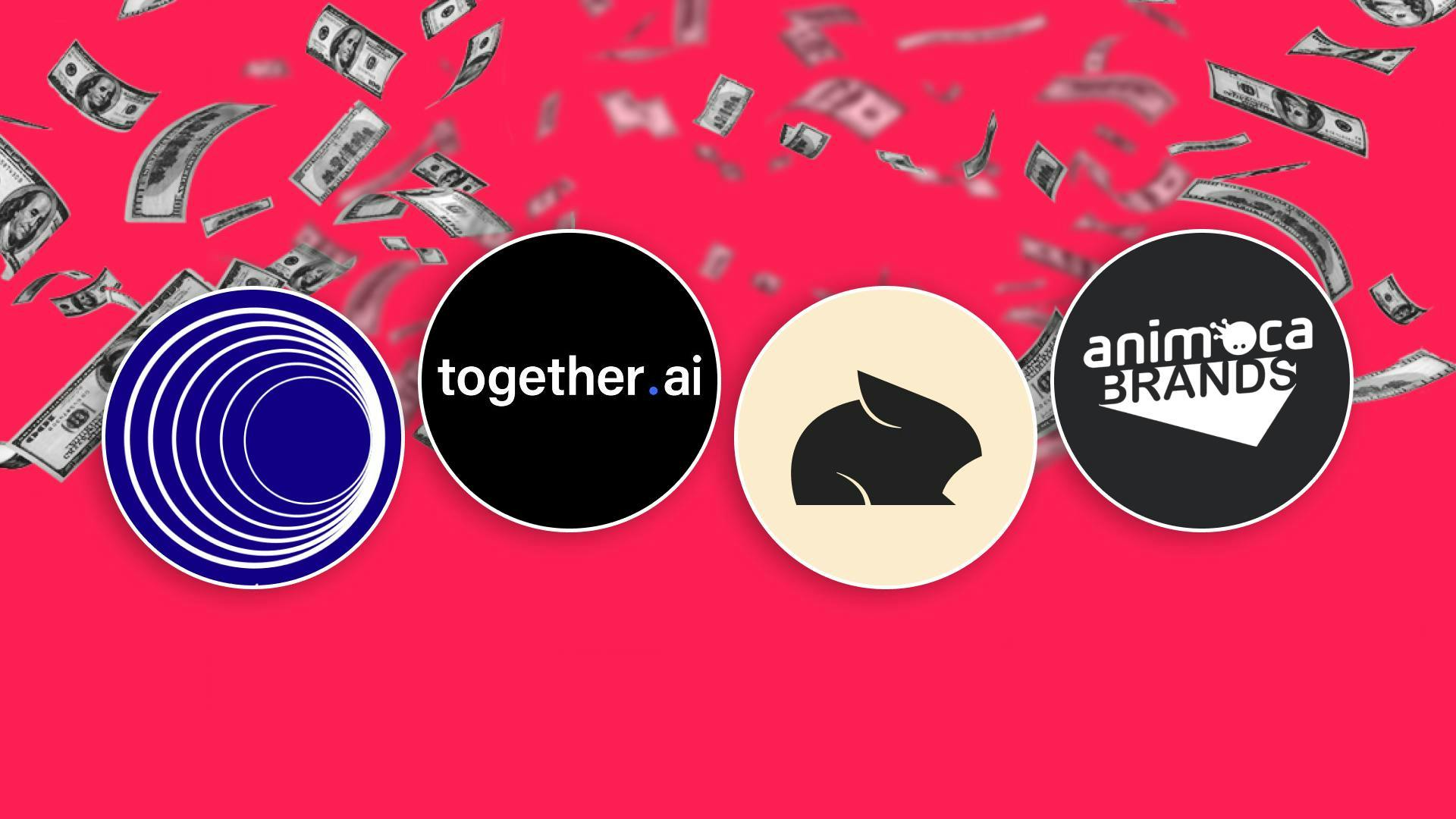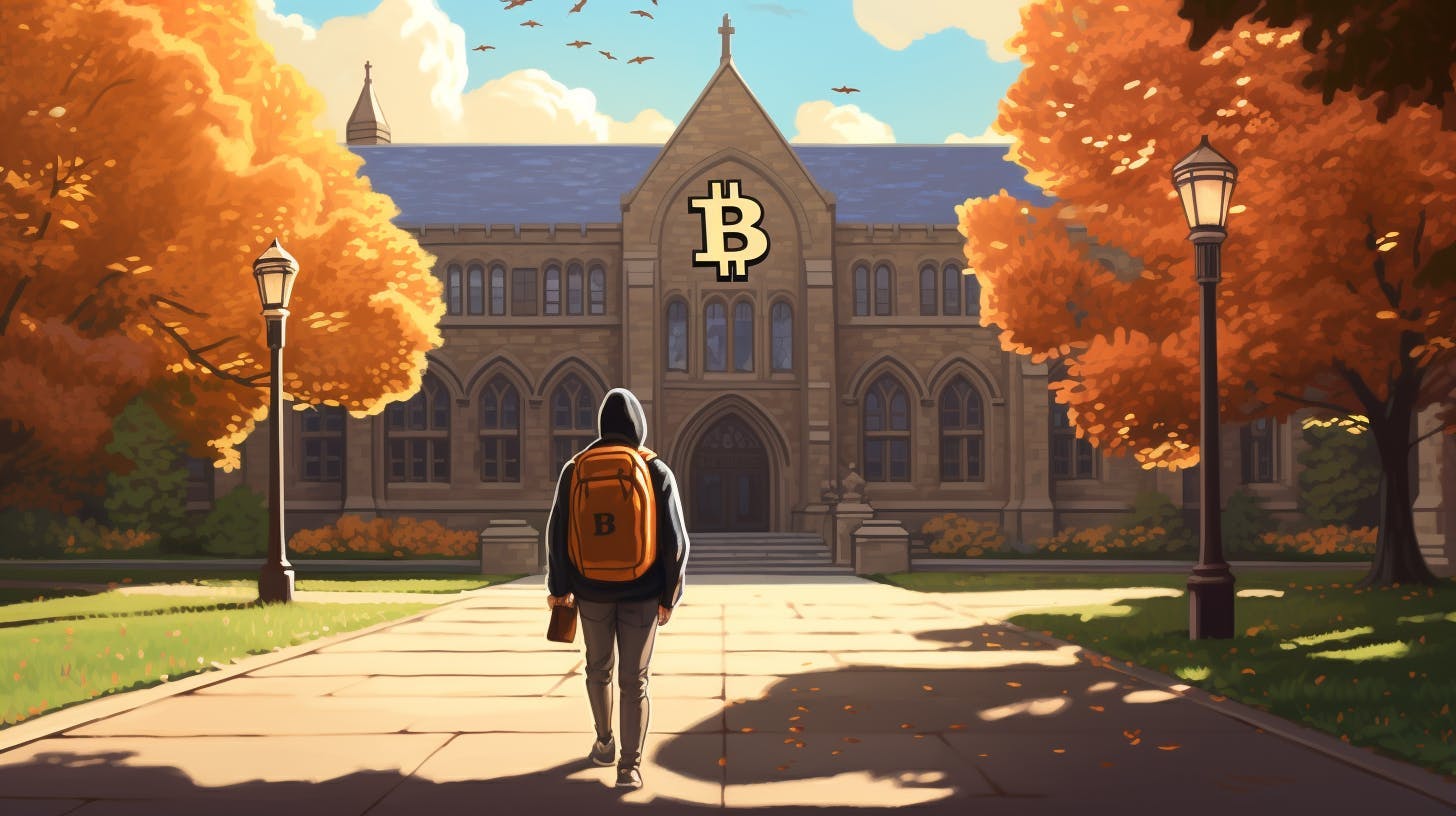Klarna CEO Sebastian Siemiatkowski Bets Big on AI, Institutes Hiring Freeze
Klarna, a Swedish fintech unicorn and the widget you often see when checking out at an online store, is no longer recruiting staff beyond its engineering department in a hiring freeze that CEO Sebastian Siemiatkowski attributes to the rise of AI.
"There will be a shrinking of the company," Siemiatkowski told the Telegraph. "We're not currently hiring at all, apart from engineers."
The chief executive of the buy now, pay later app said that the productivity gains from using tools like ChatGPT meant the company now needs "fewer people to do the same thing."
Klarna is not planning layoffs. But as people depart voluntarily, the CEO said he expects the size of the company to shrink over time. AI is "a threat to a lot of jobs" across the economy, he added.
The company is also using AI to handle disputes between buyers and sellers, which Siemiatkowski said has saved the company 60,000 hours on an annual basis on customer service time. He claimed the experience was better for customers as well. "Those disputes are getting resolved much more quickly," Siemiatkowski said. "They're getting much higher quality answers, and the whole process for them is taking less time."
Siemiatkowski's motivation for diving head first into AI is not hard to parse. He has said he always wanted to build a "trillion dollar type of company" and for a time, Klarna was momentarily considered Europe's most valuable startup after SoftBank estimated it was worth $46 billion.
The company has since turned the first quarterly profit in years and is preparing to go public in the near future. It's worth noting that Wall Street cannot get enough of AI, meaning that any company willing to bet its future on the technology has a better chance of riding the current market's hype train.
Klarna is not the only company that is turning to AI to replace human workers. In May, the CEO of IBM told Bloomberg that the company was pausing hiring for roles that it believed could be replaced by AI in coming years. While in April, Dropbox announced it was slicing its workforce by 16%, or 500 employees, blaming AI for forcing a shift in strategies.





